About easa
EASA is a professional association open to all social anthropologists either qualified in, or else working in, Europe. It is a society of scholarship, founded on January 14th, 1989 at the "Inaugural General Assembly" in Castelgandolfo/Italy of twenty-one founder members from thirteen European countries and one from the US, supported by the Wenner-Gren Foundation for Anthropological Research. This meeting drafted the Constitution and elected the Association's first Executive Committee (1989-90), chaired by Prof. Adam Kuper, Brunel University.
The Association seeks to advance anthropology in Europe by organizing biennial conferences, by editing its academic journal Social Anthropology/Anthropologie Sociale, its Newsletter and the two publication series. The Association further encourages and supports thematic networks.
EASA is a self-governing democratic body. It is both registered with Companies House and with the Charity Commission. As such it is bound by its constitution, relevant laws and EASA adheres to guidance on proper governance. No member may be elected to office more than twice in succession; the only exception are up to two members co-opted by the elected Executive so as to ensure the continuity of EASA's administrative and publishing functions. The composition of the successive Executive Committees shows the pan-European character of EASA.
Newsletters
Read the latest EASA newsletter and access the archive of PDFs.
Accounts
A summary of EASA's accounts can be downloaded:
2022
2021
2020
2019
2018
2017
2016
2015
2014
To view EASA's accounts in detail please visit our pages on the
Charity Commission's website.
AGM minutes
Previous AGM minutes are available for download:
2022
2020
2019
2018
2017
2016
2015
2014
2013
2012
Executive Committee 2023 and 2024
Click on the names below to read their profiles and see who is responsible for which areas of EASA business.
Ana Ivasiuc (University of Maynooth/PrecAnthro)
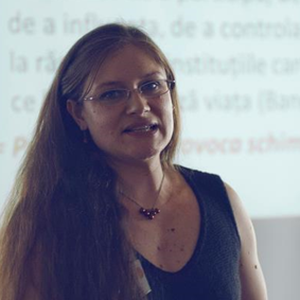 Role within Exec: President
Role within Exec: President
I studied, worked, and carried out both academic and applied research in The Netherlands, France, Romania, Germany, Italy, Ireland. A member of PrecAnthro since its inception (2016), I contributed to the precarity report and supported EASA's consultancy initiative on anti-precarity organizing across Europe. In 2020, I became co-convenor of the Anthropology of Security network (ASN); I advocated for and obtained the full reimbursement of conference expenses for precarious scholars (including from the global South). I am currently co-convening the merged ASN & PACSA networks, and in this quality I initiated the setup of a mentorship network for EASA early career anthropologists researching challenging fields in terms of safety and ethics.
Mentorship and concrete support for precarious scholars (including childcare facilities during EASA conferences and the setup of an emergency fund for precarious members), anti-precarity advocacy at structural level, and enhancing anthropology's public relevance in Europe are priorities on my agenda.
Alexandra Oancă (KU Leuven/PrecAnthro)
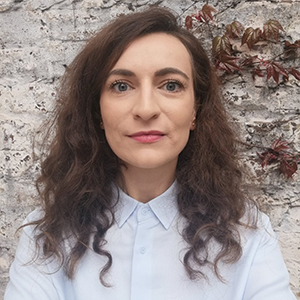 Role within Exec: Vice-President
Role within Exec: Vice-President
Two years ago, I ran (unsuccessfully) for the EASA election on an agenda that drew attention to the rising mental health crisis in universities. The situation looks even more dire nowadays in our post/pandemic environments.
I am prioritising: 1) mental health in academia, and its links with precarity and intersectional inequalities; 2) revalorising teaching within hiring, within EASA, and within the discipline; 3) rethinking anthropology, including its ableist foundations.
As a longstanding member of PrecAnthro that has been deeply affected and troubled by rising mental health challenges in academia, I am committed to strengthening EASA's work on the theme of mental health, and its relations with academic precarity and intersectional inequalities. Instead of tolerating and privatising the rising rates of depression, anxiety, burnout and mental distress experienced by students and staff alike, we need to re/politicise and place it firmly on EASA's agenda.
Hege Høyer Leivestad (University of Oslo)
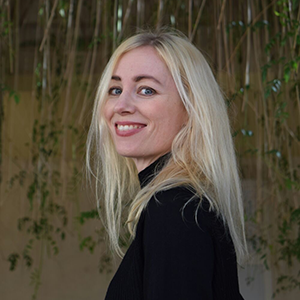 I received my anthropological training in Norway and Sweden. Having worked for many years at Stockholm University, I am now Associate Professor at the Department of Social Anthropology at the University of Oslo. My ongoing research deals with global supply chains and labour, and I'm committed to anthropology's public voice and impact. As an anthropologist working both in and on Europe, I see EASA's role as vital in providing a platform for generating and sharing knowledge that can help us tackle the political, economic and environmental challenges of our times.
I received my anthropological training in Norway and Sweden. Having worked for many years at Stockholm University, I am now Associate Professor at the Department of Social Anthropology at the University of Oslo. My ongoing research deals with global supply chains and labour, and I'm committed to anthropology's public voice and impact. As an anthropologist working both in and on Europe, I see EASA's role as vital in providing a platform for generating and sharing knowledge that can help us tackle the political, economic and environmental challenges of our times.
If elected to the EASA executive committee, I would work towards new ways of developing anthropology's public voice in collaboration with the organization's many excellent networks. As a committee member I would be dedicated to supporting early-career scholars in different parts of Europe, not least by strengthening EASA's engagement with centre-periphery issues that are related to funding-possibilities, language and publishing.
Roger Sansi Roca (University of Barcelona)
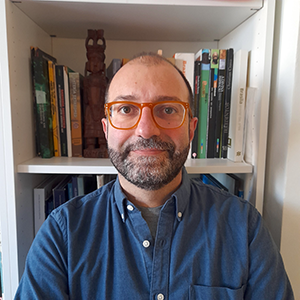 I am a long-standing member of EASA. I am a member of VANEASA (Visual Anthropology Network) and Co-Founder of ANTART (Art and Anthropology network), which I co-convened for two years. I belong to the local committee that will help organize the next EASA meeting in Barcelona 2024.
I am a long-standing member of EASA. I am a member of VANEASA (Visual Anthropology Network) and Co-Founder of ANTART (Art and Anthropology network), which I co-convened for two years. I belong to the local committee that will help organize the next EASA meeting in Barcelona 2024.
I am from Barcelona, but I studied and worked as an anthropologist in different countries: Spain, France, the US, Brazil, and the UK. I have done research in different fields: Religion, History, Art, Mobility, in Europe and the Americas.
If elected, I would like to contribute to three issues in particular: denouncing precarity, both in terms of labour conditions and because of its consequences in the production of knowledge; internationalising EASA further, fostering relations with non-European associations and colleagues, while respecting European national schools; and critically discussing our relationship with other disciplines, beyond the celebration or condemnation of interdisciplinarity.
Dominic Bryan (Queen's University)
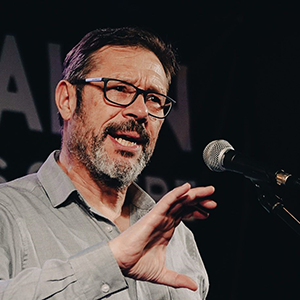 I am Professor in Anthropology at Queen's University Belfast. I am a passionate believer in the utility of anthropology as a tool of critical politics, a space of education and a platform for policy change.
I am Professor in Anthropology at Queen's University Belfast. I am a passionate believer in the utility of anthropology as a tool of critical politics, a space of education and a platform for policy change.
My research interests focus on political rituals, public space, identity and the impact of peace building on the city of Belfast. I have previously worked with the Northern Ireland Human Rights Commission, I am a Fellow of the Senator George J Mitchell Institute for Global Peace, Chair of the charity Diversity Challenges, former co-chair of the Northern Ireland Commission on Flags, Identity, Culture and Tradition and chair of the short time working group on Facilitating Peaceful Assemblies in Scotland.
I was on the organising committee and scientific committee for EASA 2022 in Belfast and will be committed to working with EASA in advancing a public anthropology.
Hayal Akarsu (Utrecht University)
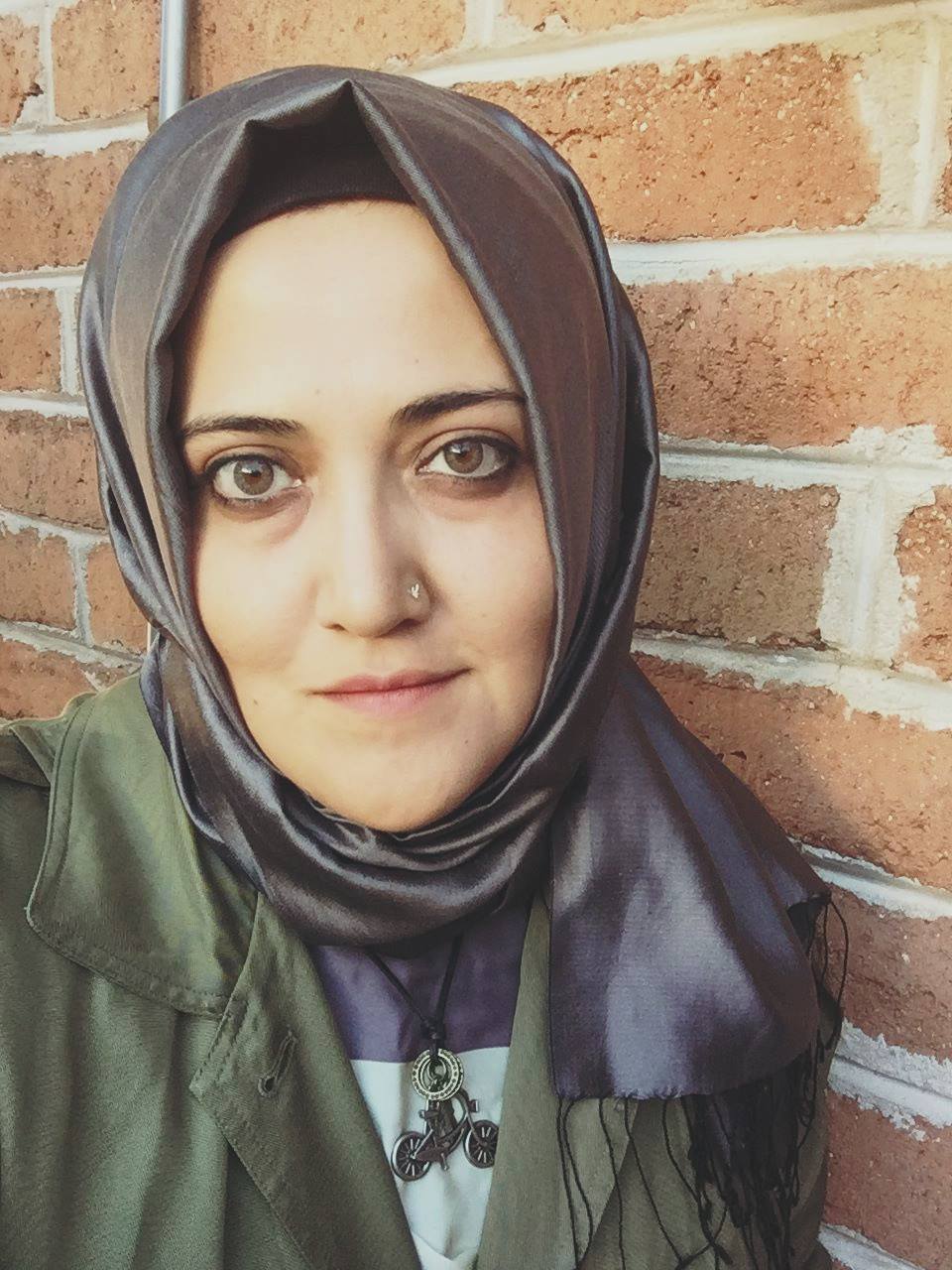 Co-opted member of the Exec
Co-opted member of the Exec
Hayal Akarsu is Assistant Professor of Cultural Anthropology at Utrecht University. Previously, she was a Junior Research Fellow in the Crown Center for Middle East Studies and Lecturer in Anthropology at Brandeis University. She obtained her PhD in 2018 from the School of Anthropology at the University of Arizona, and her MA in 2012 from Near Eastern Studies at New York University (NYU). From her current book project on police reforms to her ongoing research on digital policing and environmental crimes, Akarsu explores how various imaginations of risk and threat securitize and police different realms of social and natural life.
Monica Heintz (University of Paris Nanterre)
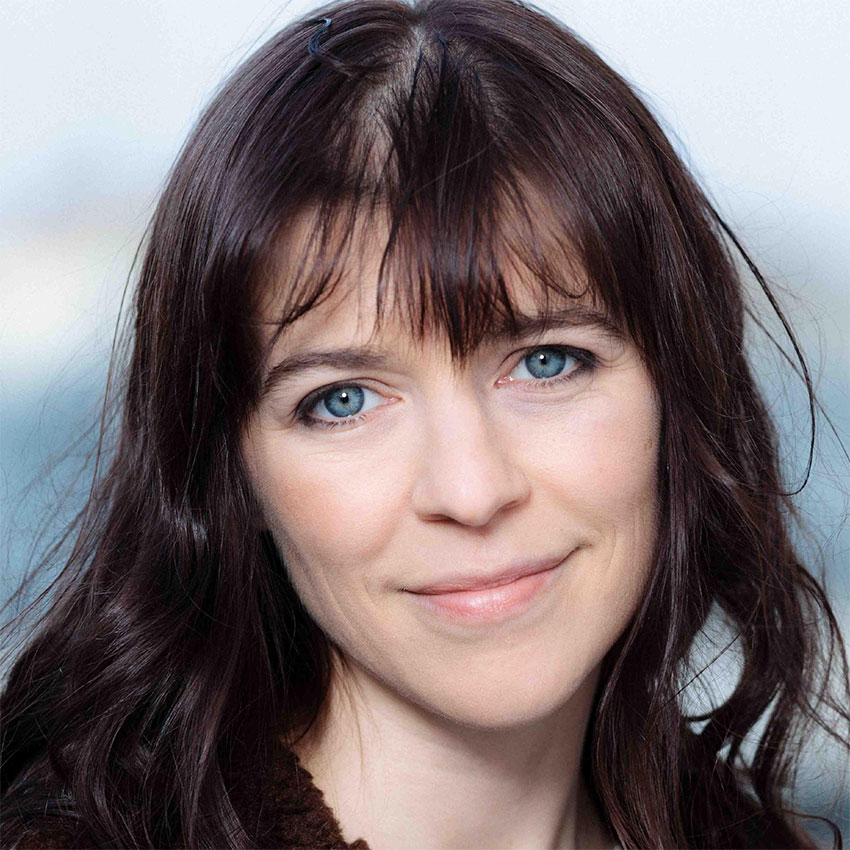 Role within Exec: Secretary, Code of Conduct Group Liaison Officer, Ethics Issues
Role within Exec: Secretary, Code of Conduct Group Liaison Officer, Ethics Issues
Monica Heintz is Professor at the University of Paris Nanterre, and co-director of the Laboratoire d’Ethnologie et de Sociologie Comparative in Nanterre. Her main research focuses on moralities and temporalities and her field sites are located in Eastern Europe and France. In recent years she has been extending her methodological research on morality to include naturalistic approaches. Also, in the frame of several joint projects, she is focusing on ethical questions around cultural representations in museums, performances or documentary films. She has authored the books “Be European, recycle yourself”: changing work ethic in Romania (LIT, 2006) and Etica muncii la romanii de azi (Curtea Veche, 2005), edited the volumes The Anthropology of Moralities (Berghahn, 2009) and Weak state, uncertain citizenship: Moldova (Peter Lang, 2008), and co-edited European Anthropologies (Berghahn, 2017), Transitions historiques (Ed de Boccard, 2016), Morale et cognition à l’épreuve du terrain (in press, Presses Universitaires de Paris Nanterre).
David Mills (University of Oxford)
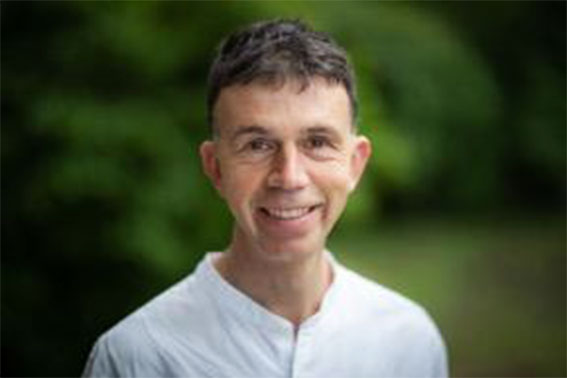 Role within Exec: Treasurer, Ethics Issues, Publications Liaison, Lifetime Awards and Early Career Achievement Awards
Role within Exec: Treasurer, Ethics Issues, Publications Liaison, Lifetime Awards and Early Career Achievement Awards
David Mills is an Associate Professor in the Department of Education at the University of Oxford and also Director of an ESRC (Economic and Social Research Council) doctoral training partnership between Oxford, Open University and Brunel. His PhD in Anthropology at SOAS drew on fieldwork at both Makerere and a rural Ugandan secondary school, and sparked his ethnographic curiosity about the anthropology of education and the education of anthropologists. He is currently developing a new research project on the politics of doctoral education in Africa.
Introducing EASA’s administrators
Since 2005 EASA has been administered by the company NomadIT, who offer membership administration and event organisation services to professional academic associations - specialising particularly but not only in the field of anthropology (e.g. ASA, SIEF, EASST, DSA, RAI). While most of the larger academic associations employ a formal secretariat, NomadIT’s model provides a more cost-efficient solution to smaller/less wealthy associations.
NomadIT perform various roles for EASA:
- membership administration
- member communication on a daily basis
- collation of member feedback and relays this to the executive
- website maintenance, updating and development
- newsletter production
- social media access management and logistical/organisational postings
- liaison with Wiley regarding distribution lists for the journal)
- management of EASA’s mailing lists (exec, sci-comms, networks)
- liaison with Networks and Networks liaison officer
- handling of network funding applications, results and disbursements
- handling all finances, maintenance of ledgers, liaison with accountants, advising treasurer
- support of Secretary in organising meeting logistics, including virtual meetings
- running of online ballots and elections
- advising the Executive committee and attending their meetings where requested
- organising the biennial conferences
Communication between members and the association is mediated by NomadIT, and many members will be familiar with the team who they’ve met at the biennial conferences. The team comprises:
- Elaine Morley (membership administration, network liaison, finances)
- Eli Bugler (webweaver, newsletter production, network mailing lists, social media)
- Triinu Mets, James Howard, Carlotta Ottonello, Jaan-Eerik Somermaa (conference administration)
- Rohan Jackson (liaison with EC, online vote administration and general overview).
The team welcomes member feedback on their services or any other aspect of EASA’s activities. The easiest way to contact us is via Elaine’s address: membership(at)easaonline.org.






